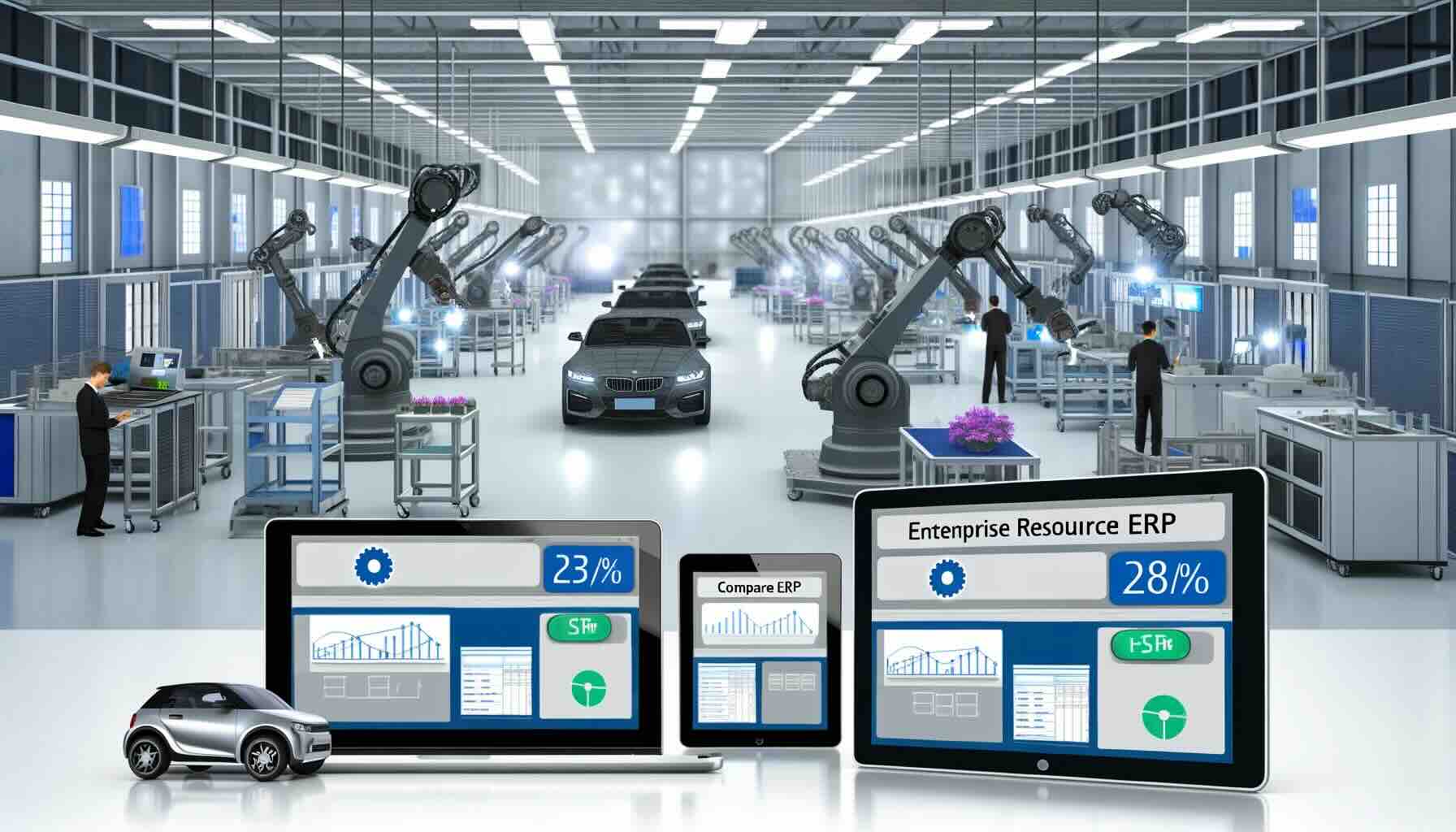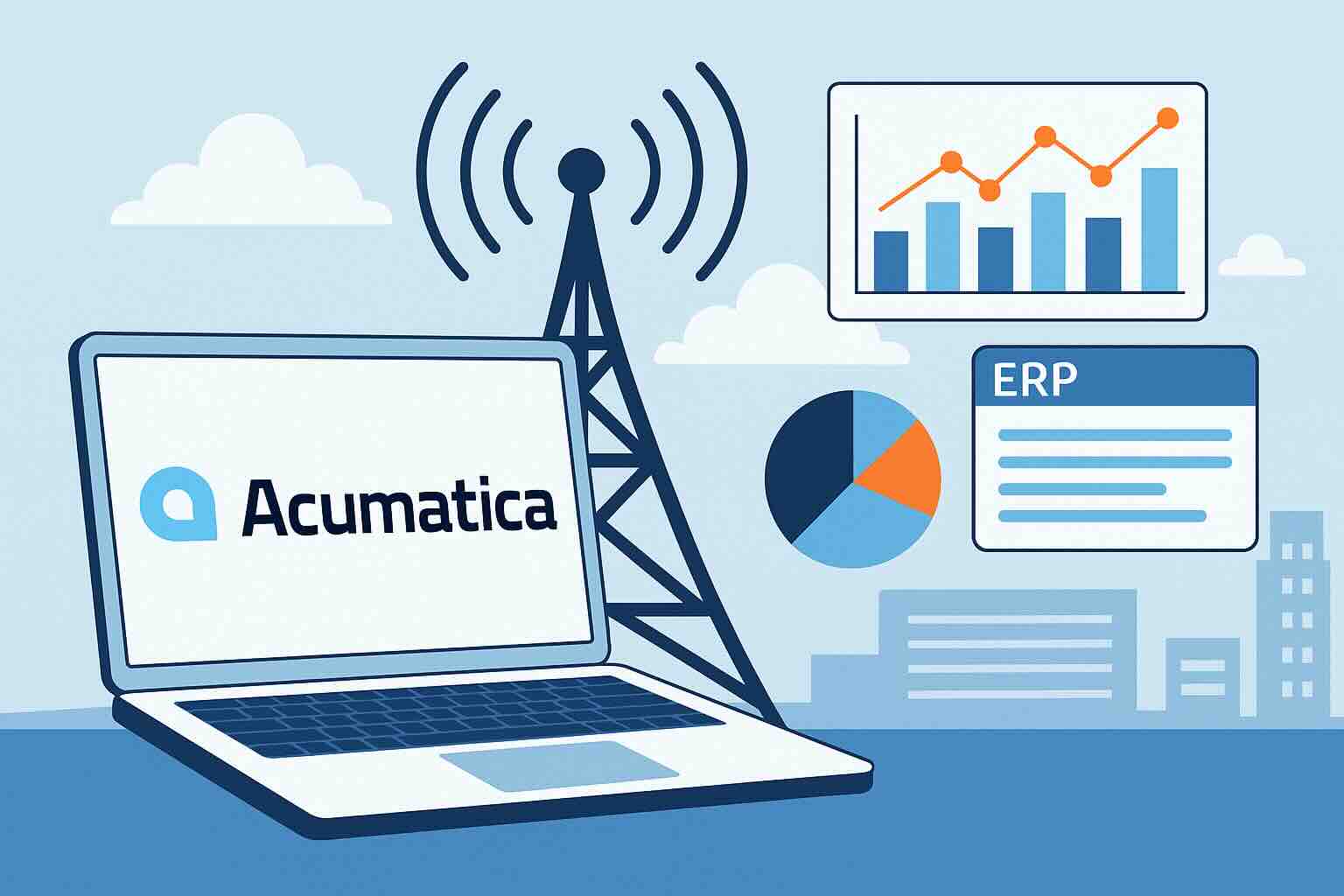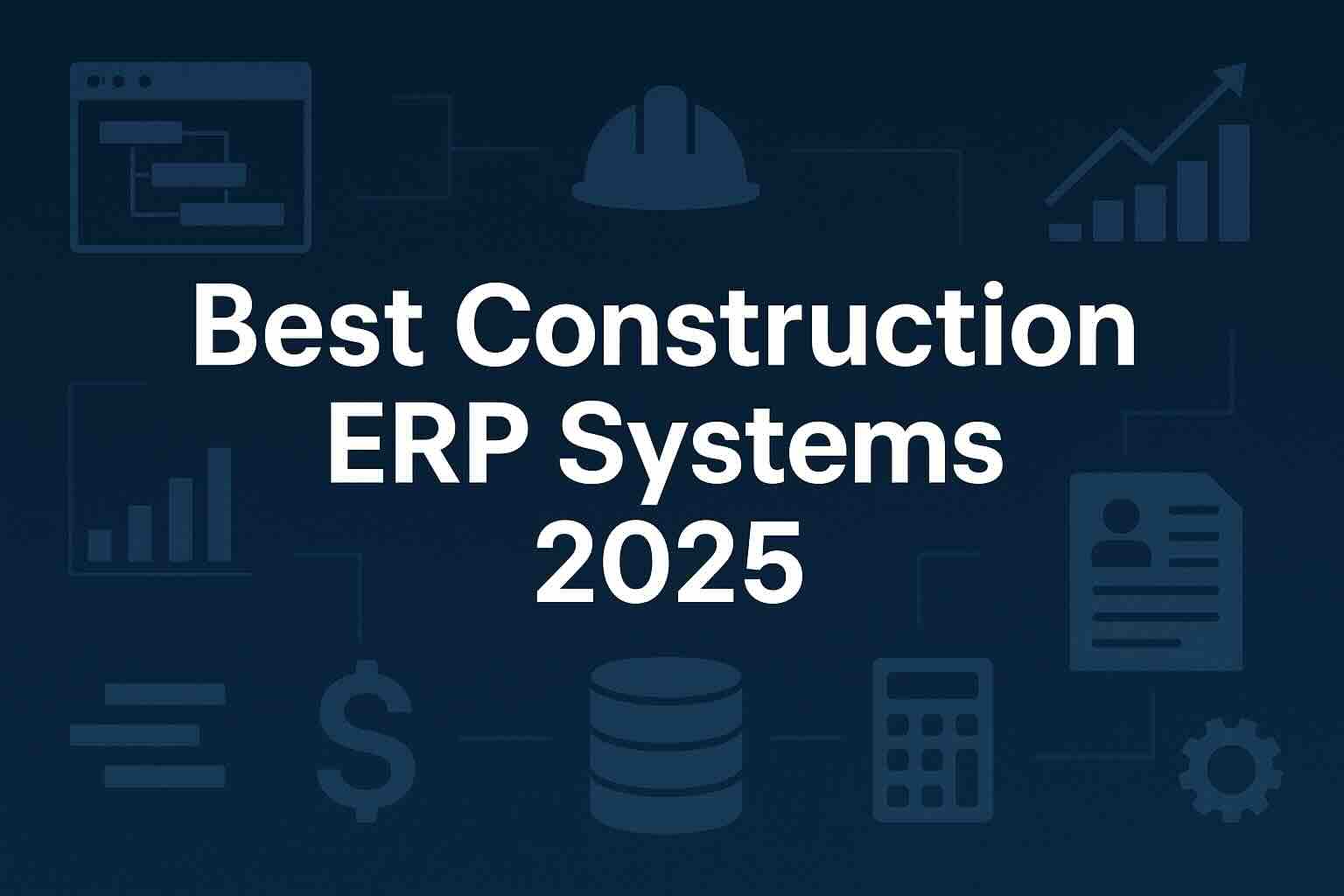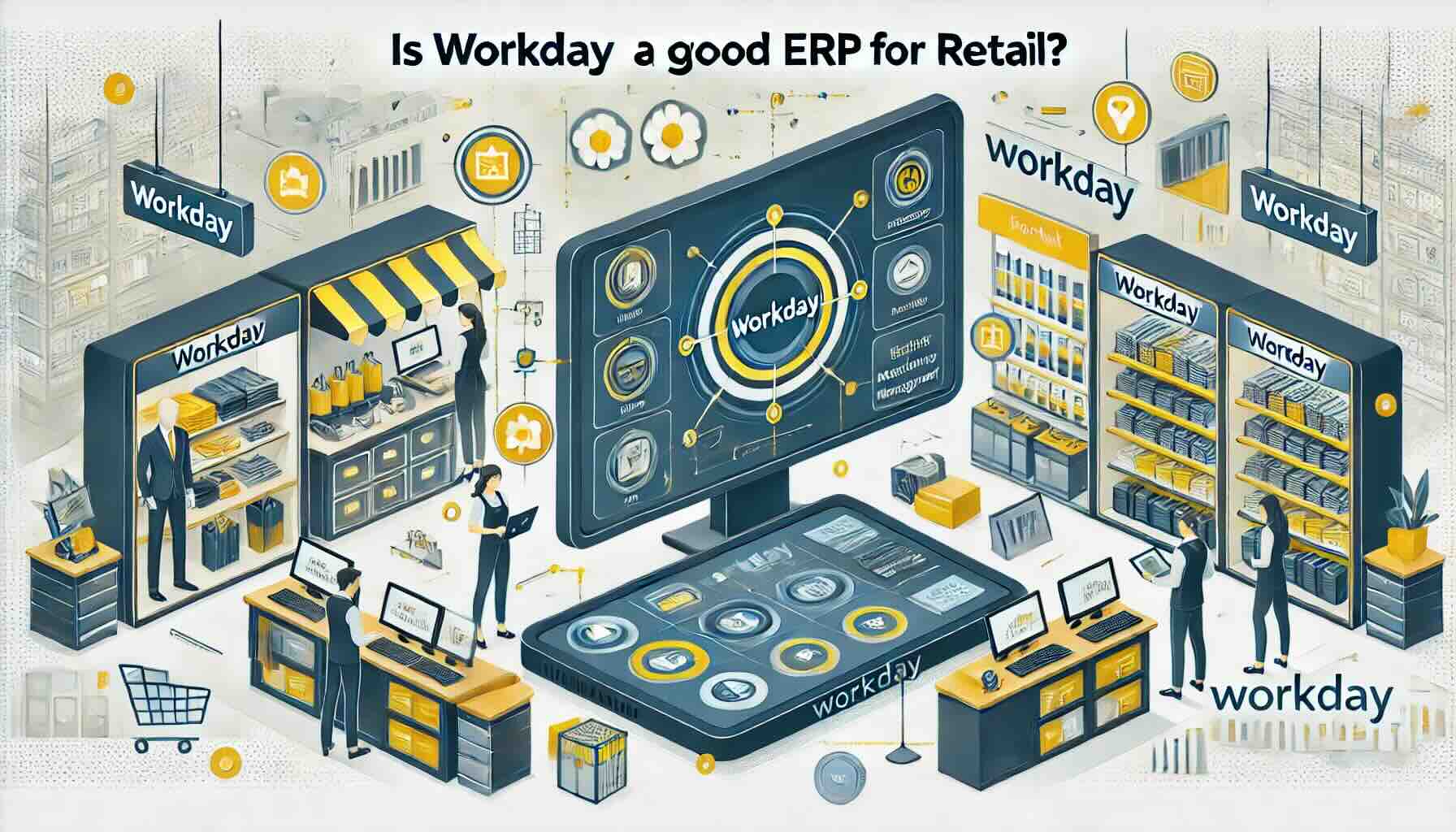Is Oracle Cloud ERP Good for Automotive businesses?

Is Oracle Cloud ERP Good for Automotive businesses?
In the dynamic world of automotive manufacturing, the quest for the ideal enterprise resource planning (ERP) system is pivotal. Oracle Cloud ERP for automotive steps into this arena, offering a suite specifically designed to meet the industry’s nuanced and demanding environment. Let’s embark on a detailed exploration of how Oracle Cloud ERP aligns with the multifaceted needs of the automotive industry.
Navigating the Complexities of Automotive Manufacturing
The automotive industry, characterized by its complex supply chains and relentless pursuit of efficiency, demands an ERP system that can keep pace. Oracle Cloud ERP is engineered to integrate seamlessly into these intricate networks. It adeptly manages critical elements such as inventory levels, supplier performance, and production schedules. In an industry where delays can be costly, the ability to maintain just-in-time manufacturing processes and lean inventories is indispensable.
Advantages of Oracle Cloud ERP for Automotive
One of the most striking strengths of Oracle Cloud ERP in the automotive context is its advanced analytics capability. In an industry awash with data from production metrics to supplier inputs and customer feedback, the ability to synthesize this data into actionable insights is invaluable. Oracle Fusion excels here, providing automotive manufacturers with the tools to make data-driven decisions.
Moreover, the cloud-based nature of Oracle Cloud ERP brings agility and scalability to the forefront. Automotive manufacturers can quickly adapt to changes in market demands or operational challenges, thanks to the system’s flexibility. This is increasingly important in a sector that is rapidly evolving with trends like electric vehicles and autonomous driving.
Addressing the Challenges: Complexity and Investment
However, the adoption of Oracle Cloud ERP for automotive is not without its hurdles. The system’s complexity, while a boon in terms of capabilities, can be daunting. Implementing and mastering Oracle Fusion requires a significant investment in training and resources. This can be particularly challenging for smaller enterprises or those with limited IT infrastructure.
Furthermore, the financial aspect of deploying a system as comprehensive as Oracle Cloud ERP should not be underestimated. While it offers a wide range of functionalities, the cost associated with these features might be prohibitive for some companies in the automotive sector, particularly those that are smaller or have tighter budget constraints.
Comparative Analysis with Other ERP Solutions
When placed alongside other ERP solutions commonly used in the automotive industry, such as SAP S/4HANA, IFS Cloud, or Plex, Oracle Cloud ERP holds a distinct position. Its broad spectrum of functionalities and cloud-based agility are matched by few. However, this comes at the cost of greater complexity and potential resource demands. For organizations seeking simpler, more straightforward solutions, alternative ERP systems might present a more suitable option.
Tailoring to Industry-Specific Needs
Oracle Cloud ERP’s modules are particularly well-suited to automotive manufacturing. The system’s supply chain management and procurement modules streamline the management of parts and components, critical for automotive production. Its customer relationship management (CRM) capabilities enable automotive companies to keep a finger on the pulse of market trends and customer preferences, an increasingly vital aspect in an industry that is shifting towards more customer-centric approaches.
Future-Proofing Automotive Enterprises
Looking towards the future, Oracle Cloud ERP is well-positioned to help automotive companies navigate emerging challenges. The industry is at a crossroads, with shifts towards sustainable practices, electrification, and digitalization. Oracle Cloud’s ability to handle complex datasets and offer scalable solutions makes it a strong candidate for companies looking to stay ahead in these changing times.
Conclusion: A Considered Choice for the Automotive Industry
In summary, Oracle Cloud ERP for automotive is a formidable solution that brings advanced analytics, scalability, and a comprehensive suite of tools to the table. It is particularly well-suited for larger enterprises that can fully utilize its extensive functionalities. However, its complexity and the substantial investment required in terms of resources and finances mean that it might not be the ideal fit for every automotive company. Those considering Oracle Cloud ERP should weigh these factors against their specific business needs and capacity to harness this powerful system effectively. In the ever-evolving landscape of automotive manufacturing, Oracle Cloud ERP stands as a potent, yet nuanced, choice. Click this link to find out more about Oracle Cloud ERP for Automotive.
To compare Oracle Cloud with 100s of other ERP solutions, you can use our new AI-powered Compare ERP tool. It’s free to use and you get a guaranteed discount on your first year’s licence fees with a referral from Compare ERP.









